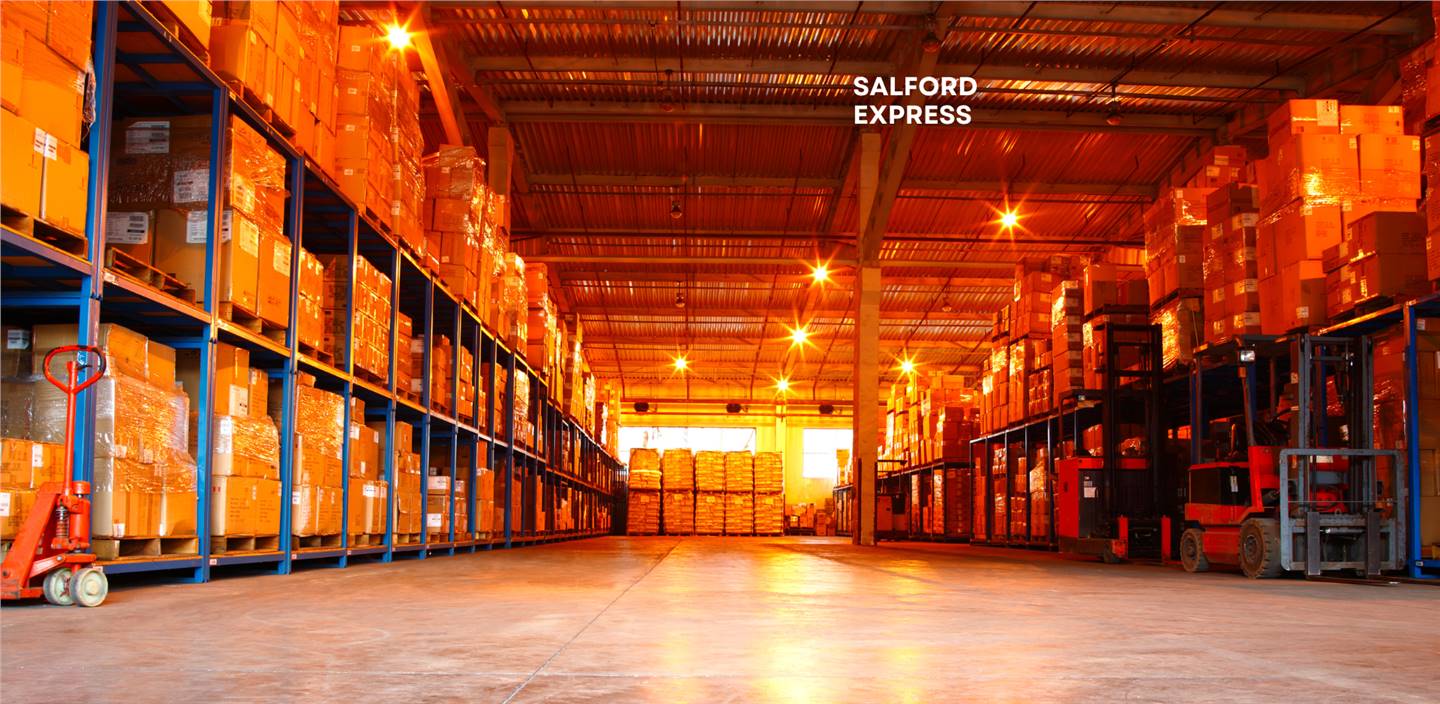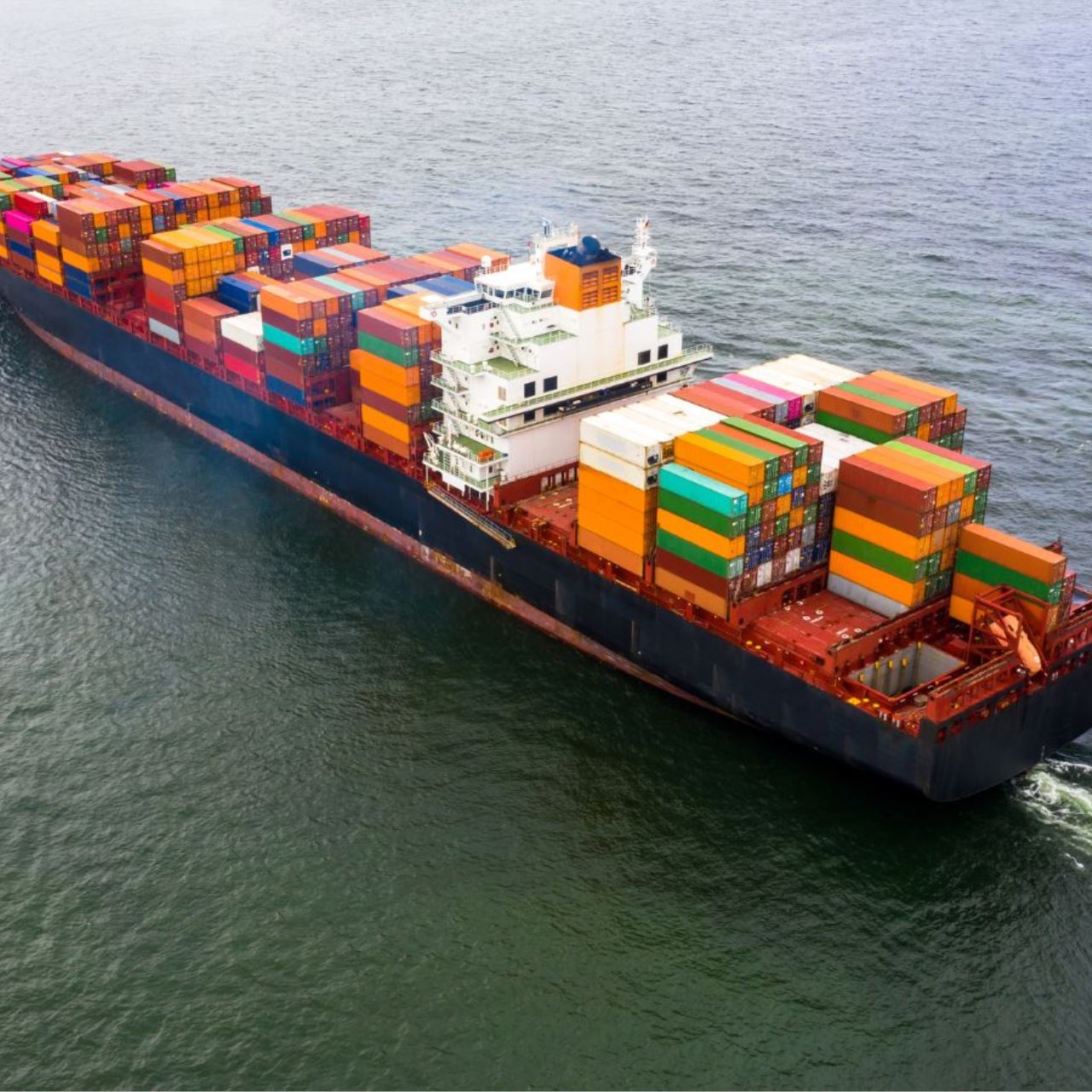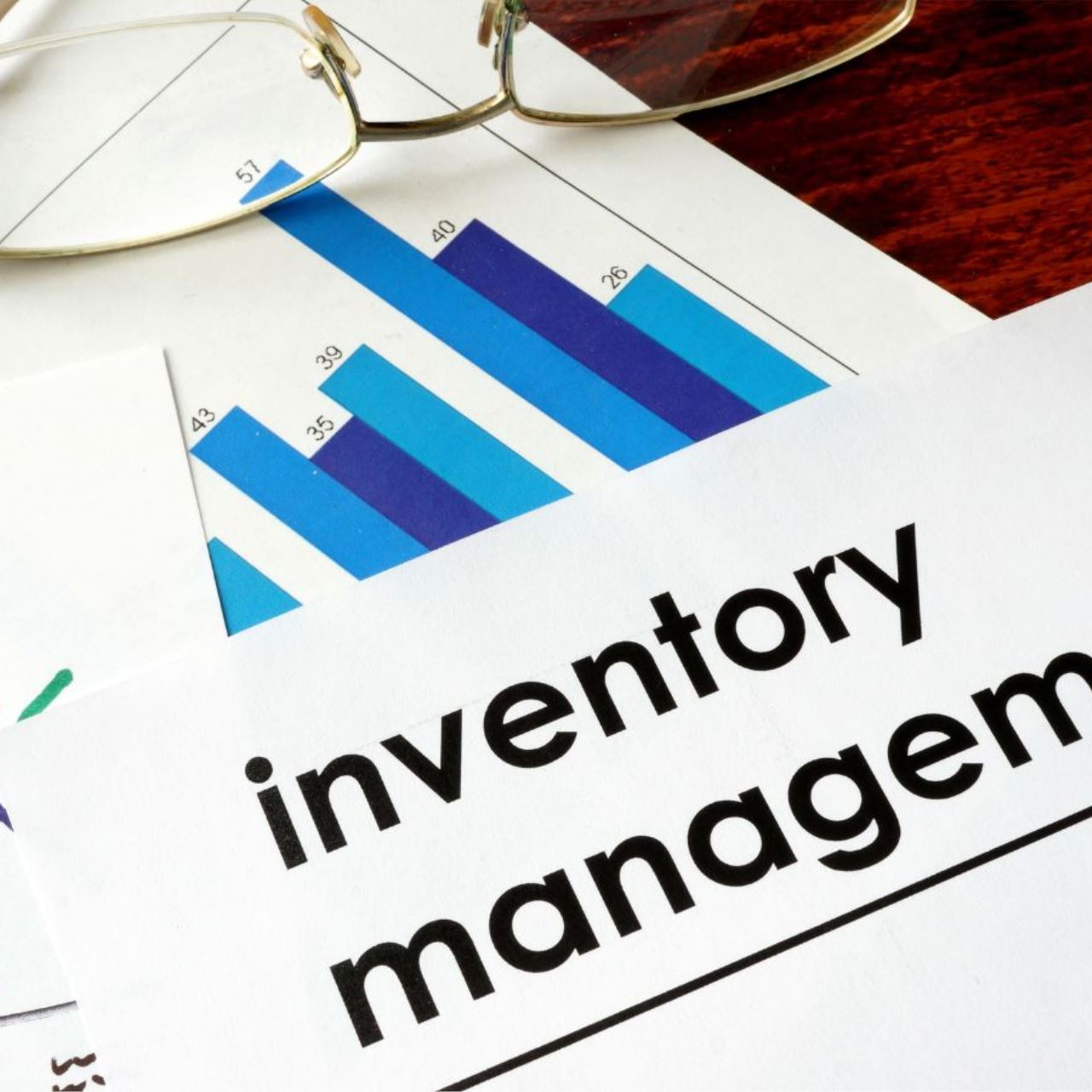
Amazon FBA vs. Amazon FBM
Which Fulfillment Method Is Right for You?
If you're considering selling products on Amazon, you'll need to make a crucial decision about how you want to fulfill customer orders.
Amazon offers two primary fulfillment options: Fulfillment by Amazon (FBA) and Fulfillment by Merchant (FBM). Each method has its pros and cons, and the choice between them can significantly impact your business. In this article, we'll explore the key differences between Amazon FBA and Amazon FBM to help you decide which one suits your needs.
Amazon FBA (Fulfillment by Amazon)
What is Amazon FBA?
Fulfillment by Amazon (FBA) is a service provided by Amazon that allows sellers to store their products in Amazon's fulfillment centers. Amazon takes care of storage, packaging, shipping, and customer service on behalf of the seller. When a customer places an order, Amazon picks, packs, and ships the product, as well as handles returns and customer inquiries.
Advantages of Amazon FBA:
Prime Eligibility: Products fulfilled by Amazon are often eligible for Amazon Prime, which can attract more customers due to faster shipping and better visibility.
Amazon's Trust: Customers tend to trust products fulfilled by Amazon, which can result in higher sales and fewer customer service issues.
Hands-Off Shipping: You don't need to worry about storing, packing, and shipping products, allowing you to focus on other aspects of your business.
Global Reach: Amazon FBA can help you reach customers around the world by utilizing Amazon's extensive fulfillment network.
Customer Service: Amazon handles customer service, including returns, which can save you time and hassle.
Disadvantages of Amazon FBA:
Fees: Amazon charges fees for storage, fulfillment, and other services, which can eat into your profit margins.
Limited Control: You have less control over the fulfillment process, which can lead to issues with inventory management and product quality.
Storage Costs: If your products stay in Amazon's fulfillment centers for an extended period, storage fees can become significant.
Amazon FBM (Fulfillment by Merchant)
What is Amazon FBM?
Fulfillment by Merchant (FBM) means that as a seller, you are responsible for storing, packing, and shipping your products to customers. When you choose FBM, you retain full control over the fulfillment process, and Amazon does not handle your inventory.
Advantages of Amazon FBM:
Lower Fees: FBM usually incurs lower fees than FBA, particularly if you have lower sales volumes.
Control: You have complete control over your inventory and fulfillment process, allowing you to customize the customer experience.
Flexible Inventory Management: You can manage your inventory as you see fit, making it easier to track and control your stock.
No Long-Term Storage Fees: You won't incur storage fees for products sitting in Amazon's fulfillment centers.
Disadvantages of Amazon FBM:
Shipping and Customer Service: You are responsible for shipping and handling customer inquiries, which can be time-consuming.
Prime Eligibility: FBM listings may not be eligible for Amazon Prime, potentially reducing your visibility to some customers.
Storage and Space: You need adequate storage space and resources for packing and shipping.
Trust Factor: Some customers may prefer FBA products, perceiving them as more reliable.
Which Fulfillment Method Is Right for You?
Choosing between Amazon FBA and Amazon FBM depends on various factors, including your business size, budget, the type of products you sell, and your preference for control.
Consider FBA if: You want a hands-off approach, have products with high demand, and can absorb the additional fees for the convenience of Amazon handling fulfillment and customer service.
Consider FBM if: You have tight control over your inventory, want to reduce fulfillment costs, and are willing to manage shipping and customer service yourself.
In many cases, sellers use a combination of both FBA and FBM to maximize their reach and offer customers flexibility. Regardless of your choice, understanding the differences between these two fulfillment methods is crucial for a successful Amazon selling experience.
In conclusion, Amazon FBA and Amazon FBM are two distinct fulfillment options with their own advantages and disadvantages. The choice ultimately depends on your business strategy and preferences. As you grow and gain experience on the platform, you can reassess and adjust your fulfillment methods to align with your evolving needs.






